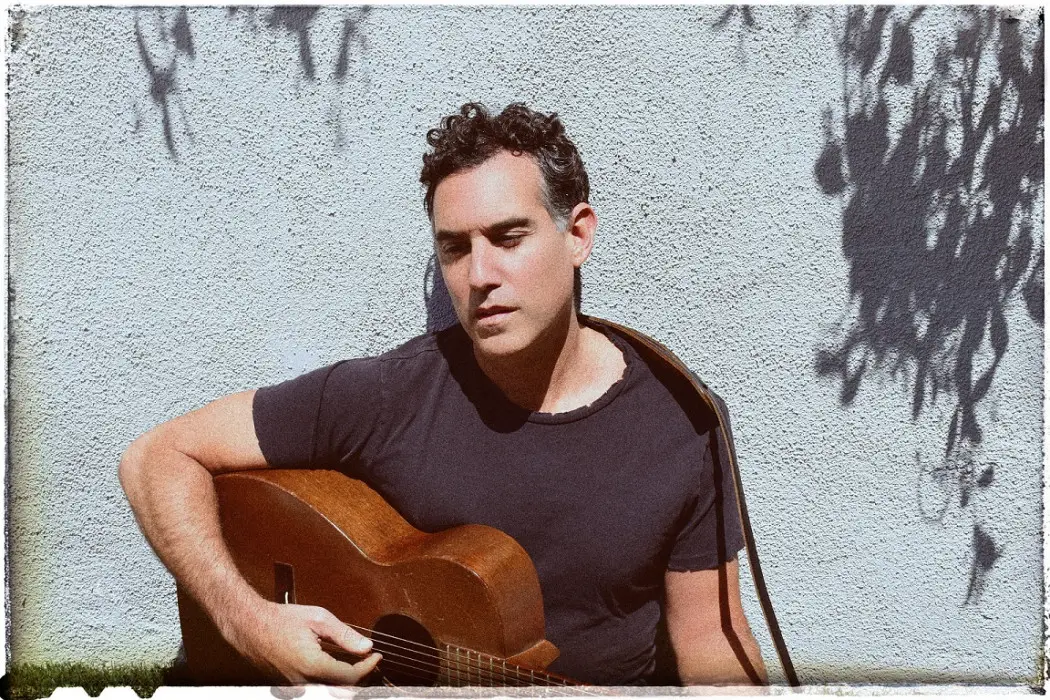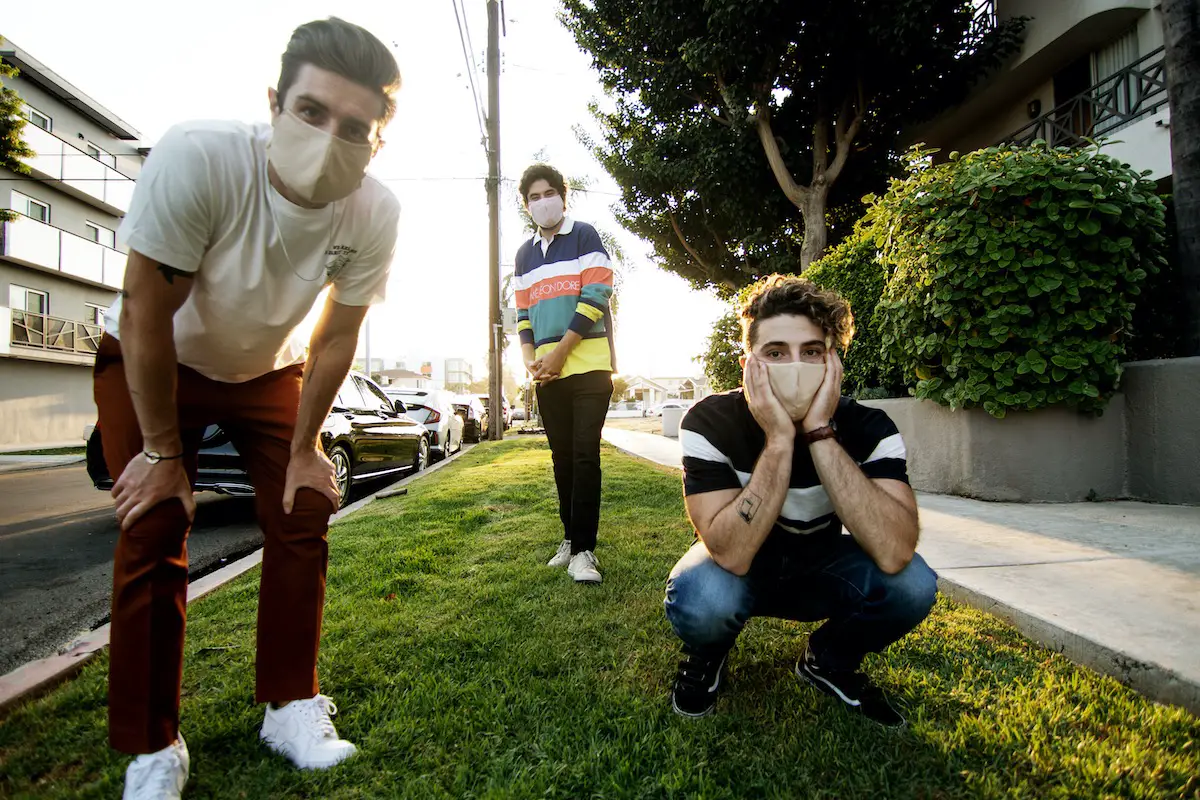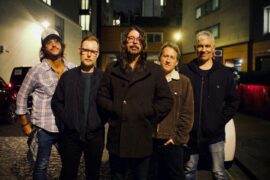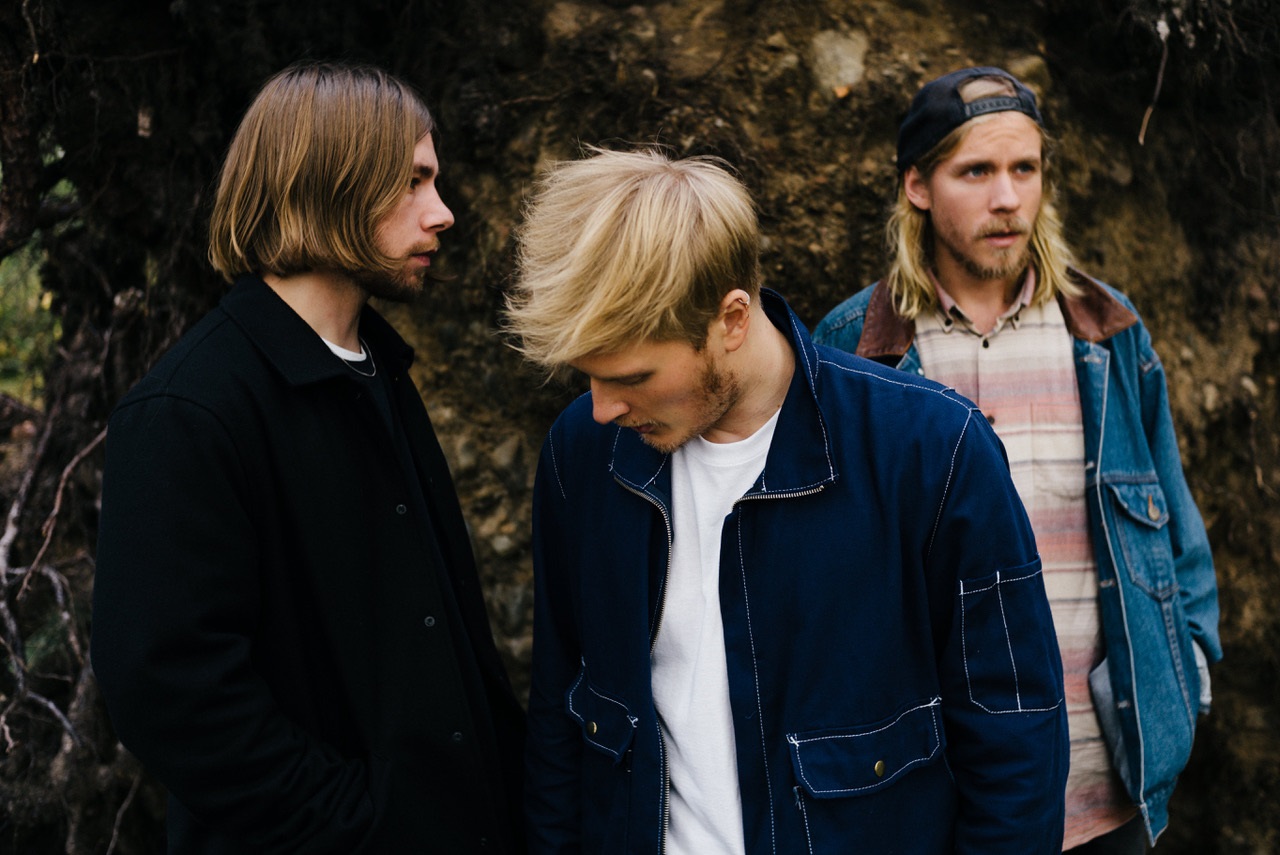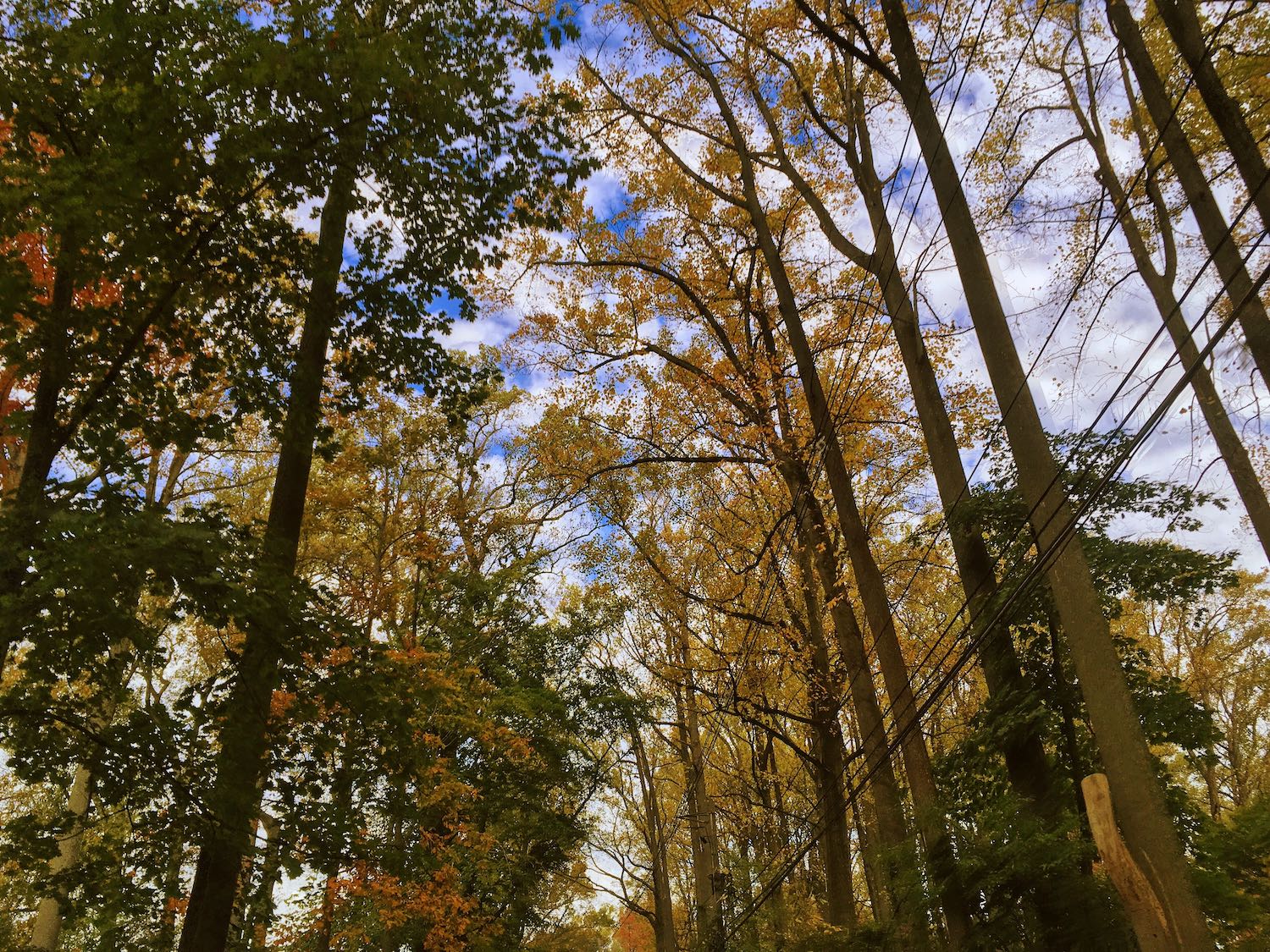Singer/songwriter Joshua Radin addresses child separation in his breathtaking new ballad “What Would You Do (Refugee Song),” a stirring and stunning call for humanity and action.
“What Would You Do (Refugee Song)” – Joshua Radin
I hope that when people hear this song, they are reminded that this action is not the kind of America we should be accepting.
“What would you do if you saw I was torn from the love of my mother’s hands?” sings a solemn Joshua Radin on his intimately bittersweet new ballad. In any other context, “What Would You Do (Refugee Song)” would ring out not only for its plea for grace and activism, but also for its poetic candor and grace – but this is not one of those times; this is a tragic moment in American history, where refugees fleeing violence and looking for sanctuary are being met with xenophobia and racism, encampment and deportation. Polarizing though it may end up being for many people who either don’t believe it, or don’t want to hear it, Joshua Radin’s new song is one that needs to be heard throughout the country, to take us out of the 24-hour news cycle and remind us of the un-American atrocities going on at our southern border.
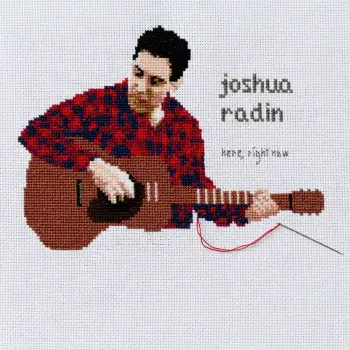
what would you do
if you saw I was torn
from the love of my mother’s hands?
what would you do
if the clothes I had worn
were ripped from me where I stand
what would you do?
Atwood Magazine is proud to be premiering “What Would You Do (Refugee Song),” the third single off Joshua Radin’s forthcoming eighth album, Here, Right Now. This follows the release of songs “Going with You” and title track “Here, Right Now” (the proceeds of which are all donated to North Shore Animal League America [NSALA], the world’s largest No Kill rescue and adoption organization), two lilting numbers that echo the acoustic warmth listeners have come to expect and love in Joshua Radin’s music.
what would you do
if I washed to your shore
in need of someplace to land?
what would you do
would you promise me more
and say that you understand?
what would you do?
“What Would You Do (Refugee Song)” is equal parts stirring and stunning: A poignant, soft cry not to rally the troops, but to recognize a fellow being’s humanity.
Sung from the point of view of a child being separated from their parents at the border, the track directly implores its listeners to reflect, listen, and learn. Importantly, it encourages us to think about our reactions to this heinous action, and how it fits into our American values and ideals.
“I am not a political person,” Joshua Radin tells Atwood Magazine. “I try my best to write songs that might move people, all people, make them feel something, universal truths and all that. I didn’t write this song as pro or anti immigration propaganda. I’m not nearly educated enough to take a public stance on political policy. That being said, I saw footage of children being separated from their parents, being detained in cages and I thought to myself, whatever your stance on immigration is, this particular action is un-American and wrong.”
Whatever your stance on immigration is, this particular action is un-American and wrong.
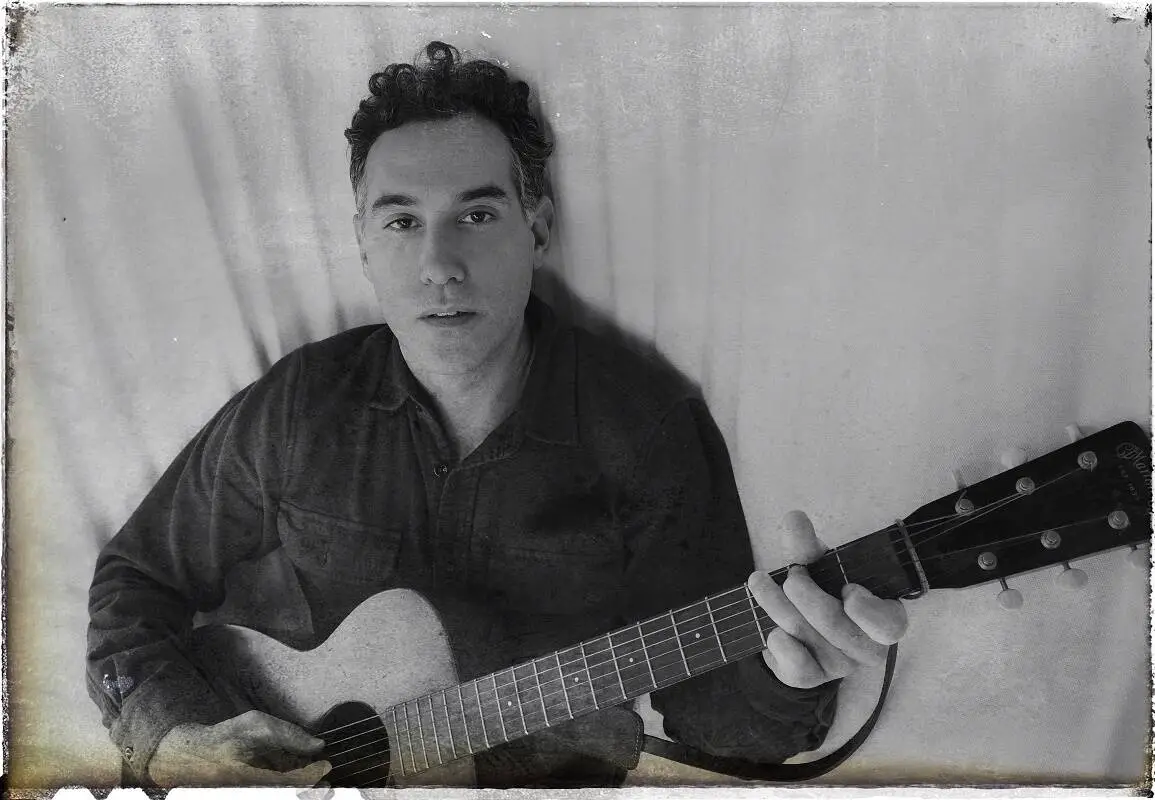
As Radin mentions, this song is not meant or intended to be political in any way. Peoples’ lives shouldn’t be a question of left versus right, or liberal versus conservative. While so many social issues have become politicized in recent years, is the separation of a young child from its mother really something we need our politicians to be debating? More importantly, is this the reputation we want in the world; what we want the United States of America, a once accepting nation (Give me your tired, your poor, Your huddled masses yearning to breathe free, The wretched refuse of your teeming shore) to be known for?
“The New Colossus” aside, we owe the refugees at our country’s southern border a serious dinner table discussion about what is right and what is wrong. From Radin’s and this writer’s perspective, child separation is, without question, wrong.
Radin notes: “I hope that when people hear this song, they are reminded that this action is not the kind of America we should be accepting.”
Let’s not keep our feelings silent this time. Let’s not sweep this under the rug, or try to forget about it and go on living our daily lives, unaffected by the catastrophic, abhorrent events happening every day at these US border detention facilities. “What Would You Do (Refugee Song)” is a truly beautiful ballad that urges us to open our ears, eyes, and hearts. Listen to the song exclusively on Atwood Magazine, and dive in deeper with Joshua Radin in our interview below!
“What Would You Do (Refugee Song)” – Joshua Radin
A CONVERSATION WITH JOSHUA RADIN
Atwood Magazine: Joshua, it’s been about 2.5 years since we last connected with you around your last album, ‘The Fall.’ How have you grown over this time? What’s changed for you?
Joshua Radin: Well I hope I’ve grown. I have been working on myself a lot and I feel great. Took some much needed time off the road to enjoy my house and my friends and family, and that has probably been the biggest factor in terms of my overall growth.
Your eighth album is titled, ‘Here, Right Now’. What’s the significance of this title, and how does it relate to nine songs within (especially the title track)?
Radin: I’ve spent a lot of time worrying about the future, what happens to me next, what happens to the world next. I realized that I needed to be more present so I wrote the title track about that, hoping that every time I play this song, it reminds me of this goal.
I realized that I needed to be more present so I wrote the title track about that, hoping that every time I play this song, it reminds me of this goal.
“Here, Right Now” and “Going with You” are special songs in their own right, yet there’s a particular weight around “What Would You Do” that makes it truly stand out. To what do you attribute this feeling?
Radin: Thank you, I’m so glad you felt that way. It’s maybe my favorite song on the album. I’m not a political person. I try to write songs with universal themes, songs that might appeal to all human beings. But when I saw all these children being separated from their parents at the border, it hit me hard. So I tried to write a song from the perspective of one of these children.
Going deeper into the inspiration behind the track, surely there are so many things going on daily that are wrong, or sound like mistakes/misgivings. What was it about child separation that really struck a nerve in you? Why did this so profoundly impact you?
Radin: Like I said, I’m not very political but I don’t know how anyone can see footage of children being separated from their parents and not feel something that’s just horrible. And when I feel like this, I tend to write, to get it out. It’s quite cathartic. And I hope that when people hear this song, they are reminded that this action is not the kind of America we should be accepting.
The song opens with a somber guitar line that generally ebbs and flows, guiding your vocals. How did you build this song, and what informed your choice to remain relatively stripped down?
Radin: Well I wanted the production and hence the feel of the end of the track to build with tension to really make the listener feel the tension of the situation.
The theme of “home” plays a special role in this track. What is its importance to you?
Radin: Home is where your people are. Your family. And if that’s taken from you, I would imagine that you’d be forever feeling like you are far from home.
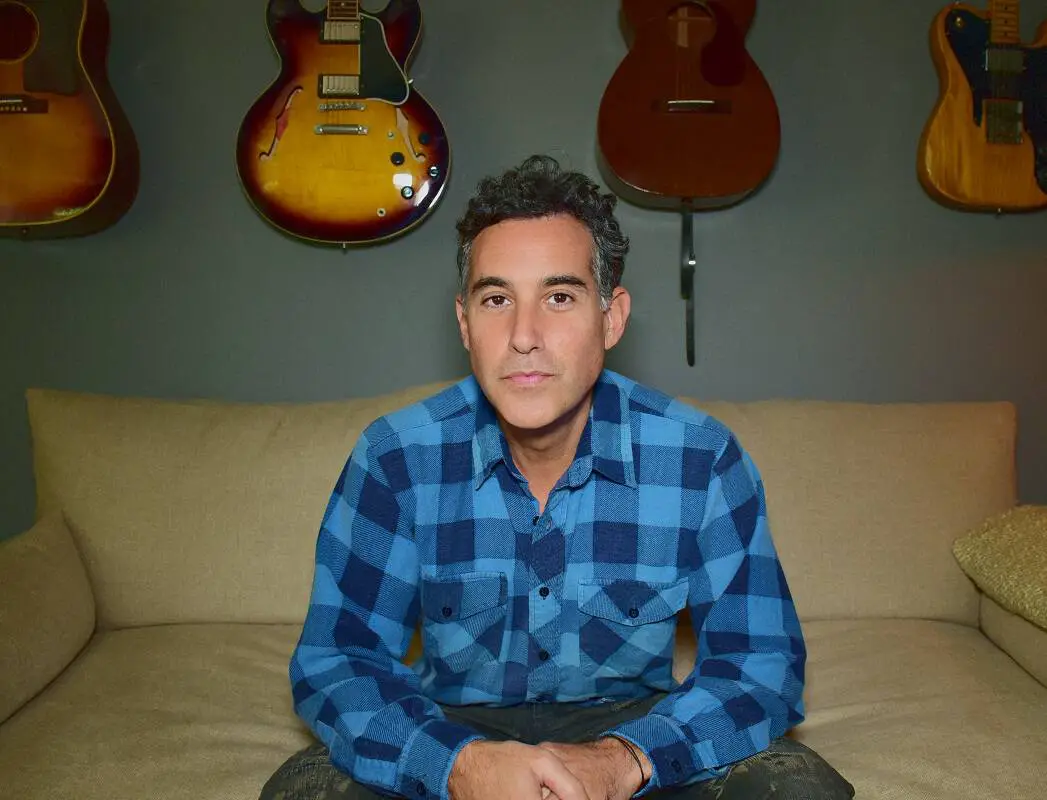
I find your closing to be truly wondrous, in how you sonically lift the music off the ground. How did this finale come about?
Radin: Tony Berg, my producer, had the idea to build it this way and I knew when we were recording it, I’d want it to be the album ending track. It reminds me a bit of something the Beatles might have done on the White Album.
Can you talk about your decision to donate all proceeds from “Here, Right Now” to the NSALA?
Radin: I just felt like they are such an amazing organization and if I could help a little bit, then that’s great. I’ve been way too lucky in my life so I’m always thinking about how to give back, in whatever ways I can.
Politics or not, “What Would You Do” bears a heavy message for all who hear it. What do you hope listeners take away from this song?
Radin: I hope they feel something and maybe even discuss the situation with their co-workers, family, friends. If this one song could spark any kind of debate or discussion in someone’s life, I’ll feel I’ve done what I set out to do with it.
How do you feel you’ve grown artistically in the past few years? Could you, Joshua Radin, have made this album three years ago?
Radin: Hmm good question. Probably not? Especially because three years ago I hadn’t had the realization that I need to work hard at living in the moment. And that notion inspired this entire album.
What’s on your mind now as you release this song? How are you preparing for your album release and subsequent tour?
Radin: I’m actually writing a new album right now, so that’s pretty much all that’s on my mind right now. I’m locked in. But I’m sure once tour begins again I’ll be re-living all the emotions of this eighth album. It’s just the way it goes.
— —
:: stream/purchase “Refugee Song” here ::
“What Would You Do (Refugee Song)” – Joshua Radin
— — — —
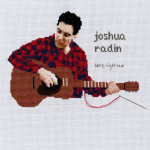
Connect to Joshua Radin on
Facebook, Twitter, Instagram
Discover new music on Atwood Magazine
? © Shervin Lainez
:: Stream Joshua Radin ::
:: Joshua Radin Tour Dates ::
September 19 – Vancouver, BC @ Rio Theatre*
October 8 – West Hollywood, CA @ The Troubadour
October 9 – West Hollywood, CA @ The Troubadour
October 11- San Jose, CA @ Susan & Phil Hammer Theatre Center
October 12 – San Luis Obispo, CA @ The Fremont Theater
October 13 – San Francisco, CA @ The Fillmore
October 15 – Salem, OR @ Elsinore Theater
October 16 – Tacoma, WA @ McMenamins Elks Temple
October 17 – Garden City, ID @ Revolution Concert House
October 18 – Park City, Utah @ Dore Eccles Theater
October 19 – Ft. Collins, CO @ Aggie Theatre
October 20 – Englewood, CO @ Gothic Theatre
October 22 – Minneapolis, MN @ Pantages Theatre
October 23 – Madison, WI @ Barrymore Theatre
October 24 – Chicago, IL @ Thalia Hall
October 25 – Kent, OH @ Kent Stage
October 26 – Detroit, MI @ St. Andrew’s Hall
October 27 – Cincinnati, OH @ Memorial Hall
October 29 – New York, NY @ Gramercy Theatre
October 30 – New York, NY @ Gramercy Theatre
November 1 – McKees Rocks, PA @ Roxian Theatre
November 2 – Homer, NY @ Center for the Arts
November 3 – Boston, MA @ The Wilbur Theatre
November 5 – Philadelphia, PA @ Theatre of Living Arts
November 6 – Washington, DC @ Sixth & I Historic Synagogue
November 7 – Charlotte, NC @ McGlohon Theater @ Spirit Square
November 8 – Atlanta, GA @ Buckhead Theatre
November 9 – Nashville, TN @ James K. Polk Theater
November 13 – Toronto, ON @ The Great Hall

